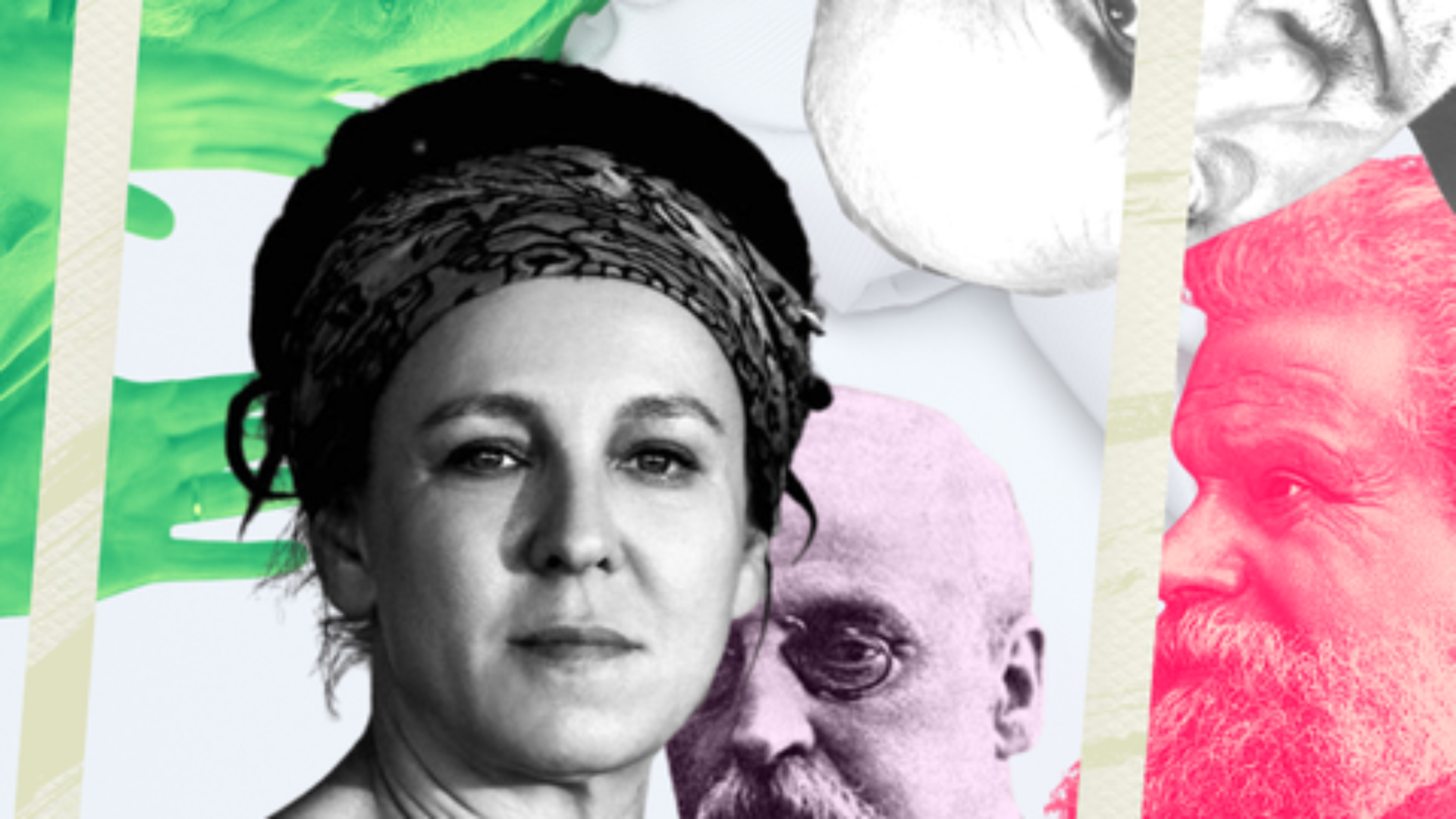Izabella Adamczewska-Baranowska
(Uniwersytet Łódzki)
E-mail: izabella.adamczewska[at]uni.lodz.pl
ORCID: 0000-0002-2775-6209
DOI: 10.31261/FLPI.2023.05.09
„Fabrica Litterarum Polono-Italica” 2023, nr 1
Download the article
Download all issue
Abstract
This article is an attempt to apply Małgorzata Czermińska’s theory of the autobiographical triangle to the study of literary journalism, in which the worldview is the outcome of faithfulness to the fact, the author’s experience and literary representation. In this theory, there are three generic types of reportage depending on the dominant feature, i.e., witness, confession or challenge. Izabella Adamczewska-Baranowska defines her concept of the reportage triangle based on the example of selected contemporary utopian writing:
Dylan Evans’s The Utopia Experiment, Urszula Jabłońska’s Światy wzniesiemy nowe [New Worlds We Shall Build], Katarzyna Boni’s Auroville. Miasto z marzeń [Auroville. A Dream City], and Matthew Hongoltz-Hetling’s A Libertarian Walks Into a Bear. These texts on intentional communities selected for analysis serve to highlight the importance of the adopted point of view and intersubjectivization. While the subject of the reportage is the surplus included in the reportage itself, the reportage also tries to attain the universality of the literary work.

